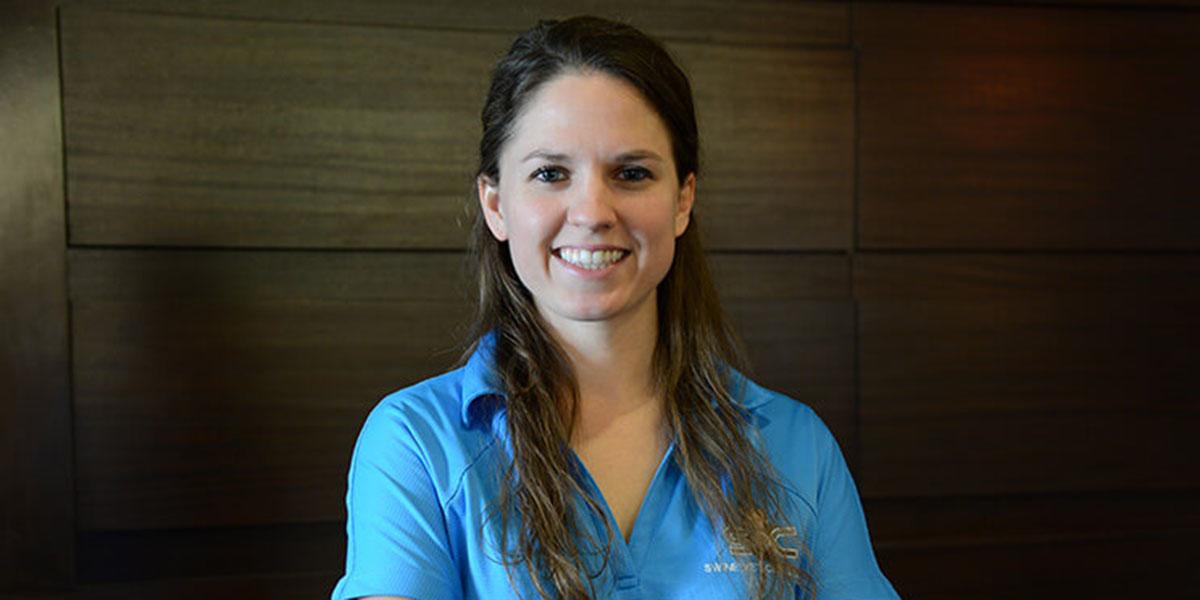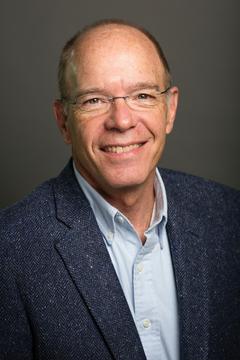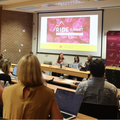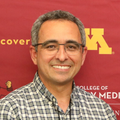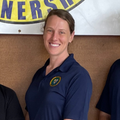- Issue:Tags:Published:
Many teenagers find themselves behind grocery checkouts and restaurant counters when it comes to taking on a part-time job in high school. Alyssa Betlach found herself working among 1,500 sows at a local swine farm near her hometown of Owatonna, Minn.
The sow farm became a very familiar place to Betlach, who continued working there throughout high school and into her undergraduate education at the University of Minnesota. The time she spent on the farm served as inspiration and preparation for her current career as a swine veterinarian and researcher.
I fell in love with how multifaceted the sow farm components were. There’s a lot of pieces when you think of pig care—health, biosecurity, production.
Alyssa Betlach
“I fell in love with how multifaceted the sow farm components were,” Betlach says. “There’s a lot of pieces when you think of pig care—health, biosecurity, production.”
Working on the sow farm gave Betlach a head start on figuring out her career path. As an undergrad, she reached out to UMN College of Veterinary Medicine (CVM) swine faculty, namely the late Bob Morrison, in search of work opportunities to further her knowledge of swine care.
Morrison connected Betlach with Maria Pieters, DVM, PhD, associate professor in the Department of Veterinary Population Medicine and the Veterinary Diagnostic Laboratory, who would serve as Betlach’s boss and PhD advisor. Betlach worked in the lab for the latter part of undergrad and into her time as a DVM student after she was admitted to the CVM.
“It’s been like seeing a kid growing up,” Pieters says. “Alyssa was in the lab with us for about eight or nine years. She started as an hourly student worker, and she was very professional and responsible. That earned her more responsibilities and opportunities over time. She really made her own path.”
Betlach didn’t stop when she earned her DVM degree in 2018. She began pursuing a master of science while still completing the DVM program and recently defended her PhD thesis on, “Approaches for Mycoplasma hyopneumoniae detection, control, and molecular characterization.” Mycoplasma hyopneumoniae is a species of bacteria that causes a disease called porcine enzootic pneumonia.
Research has been a passion of Betlach’s, and resources from the swine program and its supporters have helped her reach new levels in her pursuit of understanding mycoplasma’s spread among swine populations and use this information to develop more efficient control measures.
In 2018, a fellowship opportunity helped Betlach take that research even further. She was the first recipient of the Bob Morrison Fellowship. The fellowship allowed her to collaborate regionally and internationally with veterinarians, producers, and investigators on mycoplasma research, as well as to further her graduate education in swine production and epidemiology.
Bob Morrison was really big into the importance of applied research and doing research that would be most beneficial for producers and doing research that truly matters. The fellowship promoted the drive for my research so that it can be applied and directly embraced within the field.
Alyssa Betlach
“The Morrison Fellowship really helped provide that financial support for me to network and learn more about the swine industry and further advanced my interests related to swine research,” Betlach says. “Bob Morrison was really big into the importance of applied research and doing research that would be most beneficial for producers and doing research that truly matters. The fellowship promoted the drive for my research so that it can be applied and directly embraced within the field.”
Fellowships such as the Morrison Fellowship are important because they help train the next generation of swine health leaders by providing financial support for professional opportunities, such as networking, training, and pursuing research, according to Montserrat Torremorell, DVM, PhD, professor in the Department of Veterinary Population Medicine.
“They help support student costs, which can be high, and help support the program by allowing us to continue to be relevant in addressing the issues faced by the industry,” Torremorell says. “Fellowships are a way to give opportunities to students to explore their career interests and advance their training.”
Thank you to the people and the organizations who have contributed to our fellowships.
Maria Pieters
The swine fellowships at CVM are supported by gifts and contributions from donors and organizations who want to give swine scholars and researchers the financial support and professional opportunities they need to make an impact in the swine industry and beyond.
“Thank you to the people and the organizations who have contributed to our fellowships,” Pieters says. “We appreciate the support so much, especially myself as a faculty member with students in fellowships. I appreciate that, and I thank the people who have made contributions."
Interested in supporting the Morrison Fellowship? Visit this page for more information.

